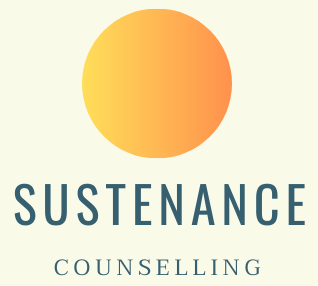 Writing is…
Writing is…
a fundamental right
a form of communication
a means of survival
an inception
a clearing
a being and
becoming
a radical act
a murmur
a rousing
a breaking voice
a tether
a ticking over
a releasing
a reviving
a reckoning
a rest
This list/poem/body song could go on forever. What would you add?
Writing is an ability that most of us take for granted. We once learned to form letters and shape words, create sentences that move across the page from a capital letter to a full stop. We may have taken pleasure and pride in curving our pencil tip to form a delicious C or in measuring equidistance between the prongs of an elegant E. Or learning to write may have felt arduous, humiliating, confusing… forced to form a row of letters which all looked the same, stood upright and stayed between the lines. Why?
I think how we begin - what we learn early and first - is important. In session 1 on the Write Your Self course, we map our experience and relationship with writing, drawing on the range of influences and memories which play a part in where we place writing in our lives now and how it has lived in us, making and remaking us, over time. Often, people struggle to write. The blank page stares up, gallant and hopeful, or disdainful and callous. Important people in our lives may have reacted poorly to our tentative and eager early writing and these responses can injure our developing self. It may not feel safe enough to have another go at writing or creating for a long time afterwards. No matter what sort of writing we might like to do or what is drawing us towards it, often there is a need for permission - to make time for it, to take up space, to take ourselves seriously and let ourselves be playful too.
Support and community can be one way to move closer. Writing is often regarded as a solitary pursuit and this can be important and satisfying – at least some of the time. There is also value in disrupting the expectation to write alone and writing lends itself well to being a collaborative and connective activity. On the course, one way we do this is by sharing what might have affected or moved or surprised us as we were writing. In writing alongside others there is an opportunity to leverage the benefits of getting out of your head and onto the page. This can be liberating and loosening in a way that supports social connection. We often recognise ourselves in others' experience too, affirming or easing something we may not know we are holding tightly and regarding as ours alone. Talking our experience can also extend the state of flow that we may find in writing, especially when we focus on process rather than producing ‘good’ writing.
On the course, we begin with and lean into the process of writing. This enables us to drop beneath the logical and linear tracks of our conscious mind and connect with the self in unexpected ways. It helps us to come into our wholeness, our uncensored embodied aliveness. Writer and teacher Natalie Goldberg* talks about ‘writing practice’, a timed free write which can help us reach our first thoughts, those we rarely get to hear:
the aim is to burn through to first thoughts, to the place where energy is unobstructed by social politeness or the internal censor, to the place where you are writing what your mind actually sees and feels and not what it thinks it should see and feel. It’s a great opportunity to capture the oddities of your mind. Explore the rugged edge of thought. First thoughts have tremendous energy. It’s the way the mind first flashes on something. The internal censor usually squelches them, so we live in the realm of second and third thoughts.
In session 2, we approach free writing or stream of consciousness writing using a range of different stimuli, finding ways to listen to and begin to release our dormant energies.
You may also love the craft of writing and want to write a story, a poem, or begin a memoir. Although this is not our goal on this course, there are opportunities to give your unfiltered and emerging words more form; to see what stands out, what grabs you, and take this as a starting point for something that can be crafted. Expressive and therapeutic approaches to writing can generate material for your craft as well as support your wellbeing. They can be a scaffold for an ongoing writing practice that you can make your own.
The Write Your Self course is designed to meet you where you are and offer doorways to your own idiosyncratic landscapes, as well as ways to manage what you find there and places to rest. The writing prompts are open-ended and I invite you to use them to catch hold of a thread; to connect with an idea, image, feeling or memory and let things unspool. Hold the prompts lightly and let them go when you need to, trust and follow the writing. And most of all, listen deeply.
* Goldberg, Natalie, Writing Down The Bones, Shambhala, 1986
